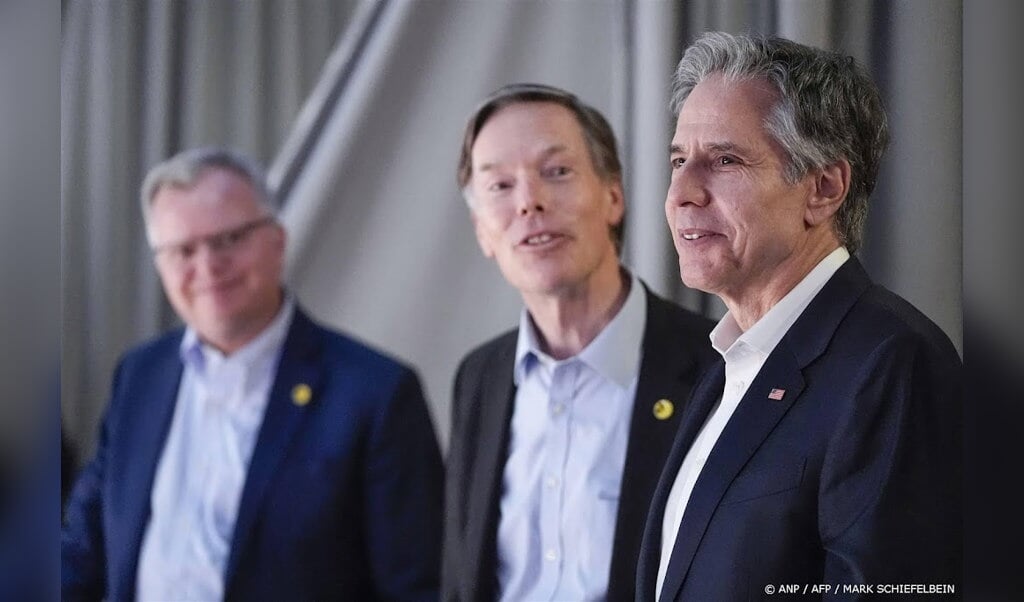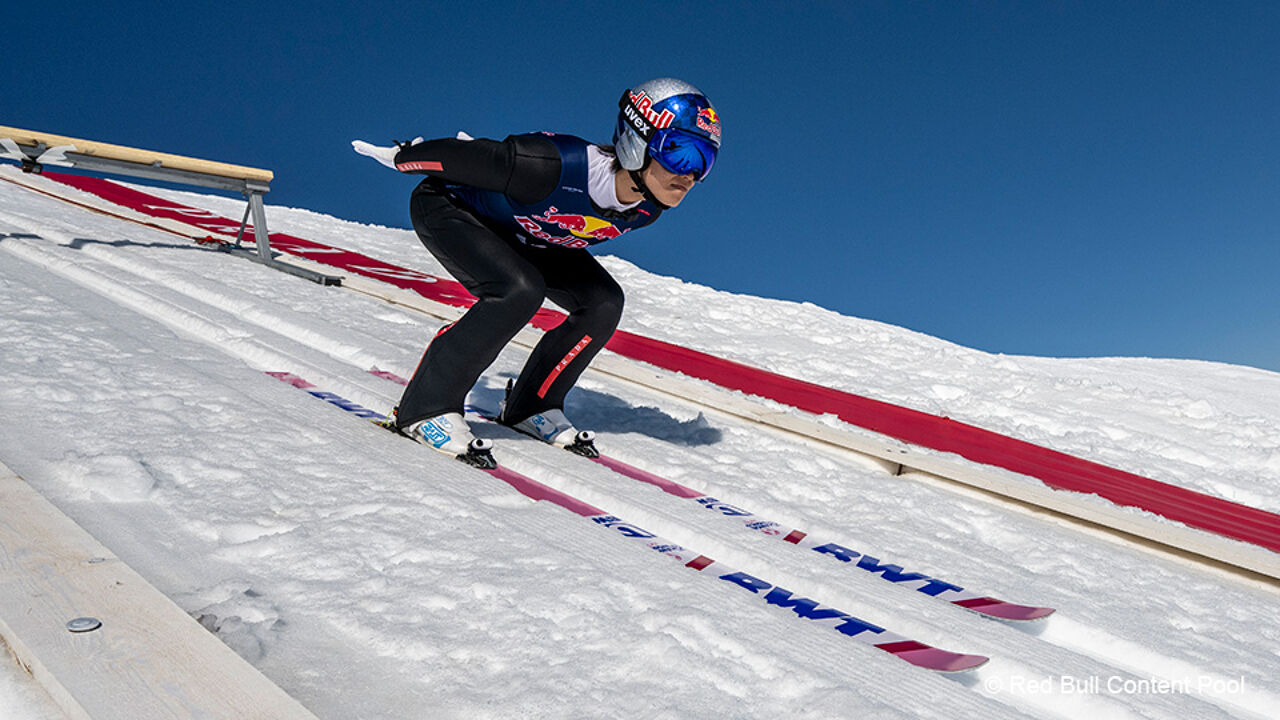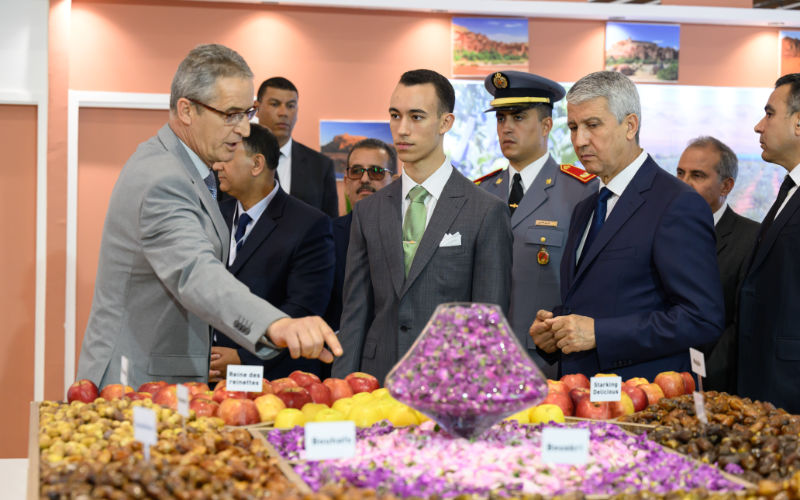Nijmegen – The majority of Dutch general practices have a registration freeze. Many practices in Nijmegen no longer accept new patients, although there are many general practitioners working in this area. NEO Huisartsenzorg is an organization that supports general practitioners in the region. Tim van Noort, Divisional Director of NEO Huisartsen Day Care, explains why new patients face the closed door and what solutions are used.
The fact that many GPs are at risk of getting into trouble is related to a range of tasks that has been on the rise in recent years. For example, GPs must deal with questions of care that have previously been handled by other care organizations, and administrative tasks are also very time consuming. It is also expected that there will be a shortage of general practitioners in the future due to the aging of the population.
According to van Noort, old age is not the reason for the registration freeze in the Nijmegen region. There are many medical graduates who continue to live and work in our region.
Why do many practices have a registration freeze?
According to Van Noort, each GP’s expert workload is different. “Many GPs in this area have enrollment freezes. You note that enrollment freezes are due to various reasons, including a lack of a physician assistant, housing issues and probationers to look out for. The agenda is simply filling.”
With the workload, the need for support in various areas increases. For example, now the organization is also required to support with, for example, IT tasks, finances and other things that practices have to deal with themselves, but are actually very small.
Solution for the Nijmegen region
NEO Huisartsen favors a regional approach that every clinician can benefit from. “We are working on a project to recruit physician assistants and are looking at how to organize training courses. In addition, we are working on ICT tools that help relieve work pressure and are looking for options for financial support.” Van Noort Reports.
Digital appointment scheduling is also one of the solutions that GPs are increasingly using nationwide. Van Noort notes that the digital evolution is moving forward quickly, because there are so many providers to choose from. “It’s the kind of research you’d have to suggest to general practitioners. We see it as a positive development.” The organization itself is also involved in development. For example, “remote consulting” falls under their support offering. With a remote consultation, you can schedule digital appointments with GPs at CWZ Hospital and Radboud Hospital. In addition, we are looking at how data can be shared digitally with other organizations involved.
Whether a significant workload is under control within the Nijmegen region varies for each doctor. “One GP gets a lot of pressure and the other doctor keeps working in the evenings, so it depends on who you ask. We’re looking with GPs about how to maintain care, also with an eye on the future,” concludes Van North.

“Total coffee specialist. Hardcore reader. Incurable music scholar. Web guru. Freelance troublemaker. Problem solver. Travel trailblazer.”







More Stories
Astronomers have discovered a new molecule in space. And it's very special
Will it soon be possible to freeze humans and then thaw them again?
Do you also find it difficult to eat more fruits and vegetables? A little scrolling through social media can help